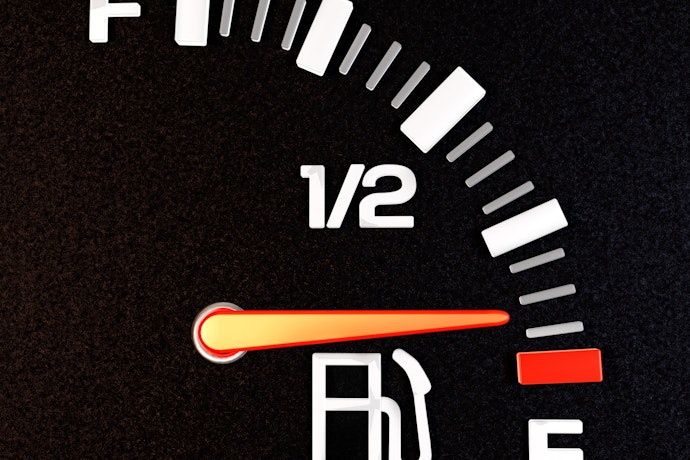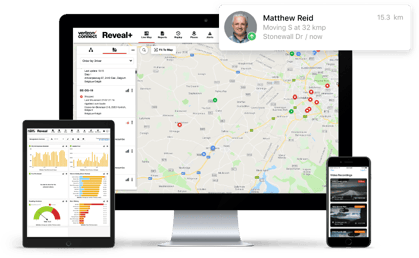9 Secrets to Reducing Fleet Expenses
As a fleet owner, your day-to-day costs can quickly add up. What you don’t know is there are further hidden, expensive...
Read more
As business becomes ever more competitive, more and more companies are looking for ways to bring down costs and boost their bottom line. As fuel costs are often a fleet’s largest expense, there’s always an appetite to increase efficiency and lower expenditure in this particular area. So with that in mind, here are nine ways to help bring down fuel costs:
The simplest way to make savings on fuel costs is to slow down. The Automobile Association (AA) report that traveling at 85mph on a motorway, rather than the 70mph national speed limit, can increase fuel consumption by up to 25%.* If those increased costs are multiplied over the entire fleet and over an entire year, there are massive savings to be made.
Leaving your engine running whilst stationary for just two minutes can use the same amount of fuel as it would take to drive one mile. What’s more, an engine idling for more than a minute burns more fuel than if you were to turn it off and restart it – so, when possible, try to limit your engine idling to no more than a minute.
Vehicles that receive regular services run better and are therefore more efficient in regards to fuel usage than those that don’t. Regular oil, air filter changes, and spark plug replacements will improve fuel economy and reduce cost.
Ensuring that you have correct tyre pressure increases fuel efficiency by reducing the amount of resistance on the road. You can also fit low rolling resistance tyres to help your fleet further maximise cost savings on fuel.
Find the right solution for your business with our free Fleet Management Buyer’s Guide.
If your drivers are carrying around extra items on every journey, that surplus weight can really cost in fuel. It’s estimated that for every 50 kilos of weight, fuel economy decreases by up to 2%. If you do need to ferry bulky items around, carry them inside the vehicle rather than mounting them on the roof to lessen wind resistance.
Sudden changes in your vehicle's fuel economy could signal an engine fault. Regularly monitoring your MPG can give you an early indication of possible trouble.
We know that speed reduction can help with fuel efficiency, but there are other driving habits that have a detrimental effect on consumption too. Harsh braking, wrong gear selection and sharp acceleration all increase fuel intake, so find ways to encourage and incentivise more measured and efficient driving habits throughout your fleet.
Unfortunately every fleet faces the risk of fuel theft – and it could be affecting your business without you knowing about it. There are systems on the market which monitor fuel usage and these could be used to detect above average consumption – fuel card integration can also help with monitoring fuel usage and combating fuel slippage.
It may sound crazy, but parking in a cooler spot during warm weather minimises the evaporation of fuel*. Every little helps!
Tags: Cost control




Find out how our platform gives you the visibility you need to get more done.
As a fleet owner, your day-to-day costs can quickly add up. What you don’t know is there are further hidden, expensive...
Read moreVerizon Connect Reveal tracks the fleet data that can have a big impact on your business. These are things like where...
Read moreReveal tracks the fleet data that can have a big impact on your business. These are things like where your vehicles are...
Read moreWork smarter from quote to completion with an end-to-end fleet management solution...
Read more